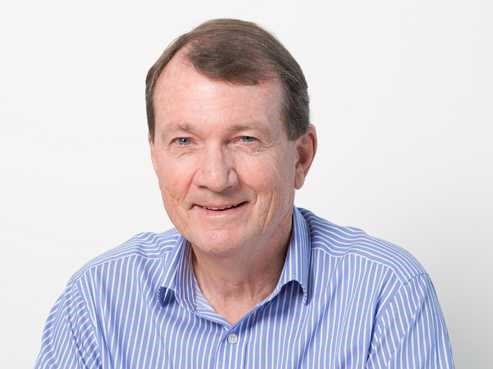IVSC’s CEO, Nick Talbot, spoke to John Martin from the Australian Property Institute about his views on the valuation profession today and how it can gain more recognition
 Nick Talbot: John, what’s your relationship with the valuation profession?
Nick Talbot: John, what’s your relationship with the valuation profession?
John Martin: I’ve been the chairman of the IVSC Advisory Forum since 2009 and I’m a Life Fellow of the API and a Fellow of RICS. I also held the post of state and national president of the API and has represented the Institute in international affairs for over 30 years.
NT: For those who haven’t got as far as the Asia Pacific region tell us a bit about the API.
JM: The API was founded in 1926 and is the leading membership organisation for property professionals in Australia. It is one of the members of the first international valuation standards body and has wholly adopted IVS 2013.
Right now, API is in the process of converting Guidance Notes to technical information papers to complement Australian law or regulations and the IVS.
NT: Sounds like you have a lot on your plate with different leadership roles in valuation, do you have time to work as a valuer too?
JM: I’m glad to say that I do. I created my own business – Australian Property Consultants – in 1988 as a boutique valuation and consultancy business. The core of the business is valuation but we also provide strategic advice on many real estate matters for public and private sector clients.
A key focus of my work is dispute resolution – so, determination or arbitration.
NT: Do you think the valuation profession gets the recognition it deserves?
JM: I think that until a consensus on the establishment and adoption of a single set of international standards is agreed, the recognition and respect the profession has been seeking for decades will not happen.
The key is for the standards to form the foundation on which national standard setters and VPOs can further develop best practice – regulators require standards to be applied consistently.
We’ve got an excellent opportunity right now to work together to achieve a strong profession. This involves the education and training of governments, regulators, users and practitioners and is of course an important part of the growth of the profession.
NT: What are the challenges to us using IVS and being globally recognised as a profession?
JM: There are still significant challenges, many of which have been issues for decades and are not confined to Australia, over the last 5 years there has been a shift towards greater cooperation between VPOs.
The challenges impact on tangible and intangible valuation disciplines, but some are discipline specific. For example, the RE discipline in Australia is confronting a number of issues including:
- Valuation is viewed as a “service of last resort or grudge service”
- The profession has undersold itself, we haven’t sold the “value proposition” to regulators or users
- Use of management companies as a clearing house for mortgage valuation work to panels has resulted in panel valuers being judged on how quick they can turn work around and how cheaply they can do it, rather than quality of analysis and detailed reasoning supporting opinions
- The corporatisation of valuation companies to the detriment of smaller practices is being driven by banks who are now on a path of eroding the profit margins of their reduced number of valuation suppliers – and there’s no sign of this stopping
- Technology is replacing valuers – this is impacting on all professions and is a major threat
- The art of valuation is somewhat unique as it requires the valuer to conduct a proper forensic examination of the market. Therefore it is one of the few professions that will always rely on the skill, judgement and experience of the valuer
- Many valuers involved in the residential sector don’t have the time or inclination to improve their skills to complete more complex valuation tasks
- An experience gap has evolved because of an aging population therefore the number of experienced valuers is reducing annually
Despite these challenges, we should not be doom and gloom. What the profession requires is a united global approach to ensure its future and I think the starting point has to be improving standards.
NT: It sounds like there are quite a few issues to resolve, how can IVSC help?
JM: As I say, standards are the cornerstone of all professional bodies. So the IVSC’s work in driving new standards and then the recognition and adoption of a single set of international standards is critical in forming the platform for national bodies and their standard setters to develop a more cohesive profession.
NT: What are your interests outside of valuation John?
JM: I do a lot of things in my spare time. I enjoy spending time with my family and I’ve just become a grandfather. I play the piano, I’m an avid Aussie rules fan, plays tennis and golf, and enjoy going for bike rides and to the gym.